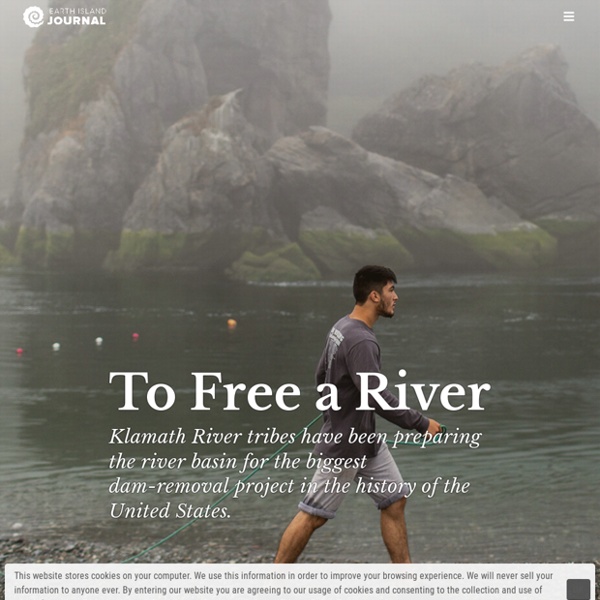David Attenborough Netflix documentary: Australian scientists break down in tears over climate crisis
One of Australia’s leading coral reef scientists is seen breaking down in tears at the decline of the Great Barrier Reef during a new Sir David Attenborough documentary to be released globally on Friday evening. Prof Terry Hughes is recounting three coral bleaching monitoring missions in 2016, 2017 and 2020 when he says: “It’s a job I hoped I would never have to do because it’s actually very confronting …” before tears cut him short. The emotional scene comes during the new Netflix documentary, Breaking Boundaries: The Science of Our Planet, and shows the toll the demise of the planet’s natural places is having on some of the people who study them. The film visits scientists working on melting ice, the degradation of the Amazon, and the loss of biodiversity, and looks at a 2019/2020 “summer from hell” for Australia that featured unprecedented bushfires and the most widespread bleaching of corals ever recorded on the Great Barrier reef.
Remembering Chief Crow Dog’s Words: ‘World Peace, World Peace’
Chief Leonard Crow Dog placed his hand on the head of Wesley Clark, Jr. at forgiveness ceremony at Standing Rock. (Photo/Levi Rickert) Details By Levi Rickert June 14, 2021
A Former Alt-Right YouTuber Explains His Methods
Ms. Southern described the situation differently. “We asked the question because we knew it was going to force people to question their own political views and realize the contradiction in being a hard-core feminist but also supporting a religion that, quite frankly, has questionable practices around women,” she said. And, she added, they used video techniques that any media company would use. The next year, Mr.
This Canada Day, let’s remember: this country was built on genocide
People across the country are waking up to the reality that Canada is a country built on the violent dispossession of Indigenous peoples. The horrifying reports of unmarked graves of children at residential “schools” in Kamloops, British Columbia, Brandon, Manitoba, and most recently Cowessess First Nation in Saskatchewan have shocked many Canadians and others around the world. However, these were not discoveries, but confirmations of what we knew all along: Canada was built on genocide. In light of this, cities and towns across the country are rethinking Canada Day. Some, like Victoria, have cancelled it outright while others, like Iqaluit, are scaling back the celebrations and treating it as a day of reflection and mourning. This is a good thing.
Corn Tastes Better on the Honor System – Robin Wall Kimmerer
Corn production today uses more natural resources than any other crop. Around 90 million acres are planted in corn, and the last remaining remnants of native prairie and grassland are being plowed under for corn every year. Corn is a hungry crop and a thirsty one. Vast amounts of water are consumed, and a staggering amount of fertilizer.
Feds may investigate burial site at Chemawa Indian School in Salem
Chemawa Indian School in Salem — the oldest continuously operated residential boarding school for Native American students in the United States — may come under federal review following U.S. Department of the Interior Secretary Deb Haaland's call for the government to investigate its past oversight of such schools. Located just east of Keizer Station, Chemawa had about 335 students enrolled as of October 2019. The off-reservation institution is more than 125 years old and one of only four Native American residential boarding schools still in existence in the United States and run by federal agencies. That said, there are 183 federally-funded elementary and secondary schools total. Of those, 53 are operated by the Bureau of Indian Education, including Chemawa, and 130 are tribally controlled under BIE contracts or grants.
Tribal Fishing Rights Activist Billy Frank Jr. Statue to Be Placed in U.S. Capitol
OLYMPIA, Wash. — When longtime tribal treaty rights warrior Billy Frank, Jr. died unexpectedly on May 6, 2014 at the age of 83, S’Klallman Tribal Chairman W. Ron Allen said, “He was bigger than life. It’s a very sad day for all of us.” Billy Frank Jr. Back then, Allen had no way of foreseeing that one day a statue of Billy Frank Jr. would loom larger than life in the U.S.
Pocket
On October 3, 2018, a 56-year-old man went to sleep on a green tarp, under plaid and camouflage blankets, in downtown Eugene, Oregon. A bus camera captured his prostrate form next to a wall on Pearl Street at 8:39 p.m. Five minutes later, police say, another camera captured two teenagers “prowling,” checking car doors in a nearby parking lot. Within minutes, their paths connected, calamitously.
The great boat lift of 9/11
It was midmorning, but the air was black as midnight. Sirens and alarms wailed, echoing down ghostly streets, and dazed, ash-covered people screamed as they scrambled in all directions. Karen Lacey was among them, stumbling through throngs along the lower Manhattan waterfront, edging her way toward the cold, choppy waters of the Hudson River.



